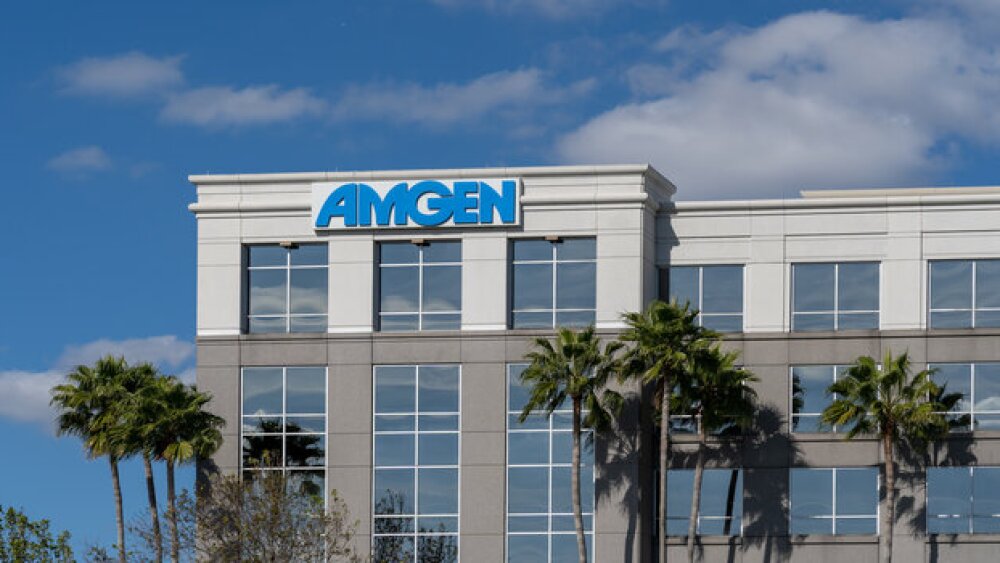CEO Emma Walmsley maintained that continued investment in the U.S. is a priority for the pharma to ensure its medicines for the country are supplied domestically.
GSK will make a multi-billion-dollar investment in the U.S. in the coming years as the Trump administration’s tariffs materialize.
“The U.S. is our number one priority market,” CEO Emma Walmsley told reporters on a media call Wednesday morning, while presenting the company’s second-quarter earnings report. “It’s in our plans to invest tens of billions [of] dollars in the U.S. over the next five years.” Walmsley did not reveal exactly how much money the company expects to spend, where it will go or what it will be used for.
GSK continues to expand its footprint in the U.S., according to Walmsley, who noted that the pharma currently has five factories in the country and broke ground on a new manufacturing facility last quarter. GSK continues “to prioritize investments so that our portfolio in the U.S. is more and more supplied from the U.S,” she said.
Walmsley’s statements come after the U.S. and the European Union arrived at a trade deal earlier this week, which adds a 15% tariff on pharmaceutical imports. Analysts expect these levies to cost the industry as much as $19 billion.
GSK also reported on Wednesday a series of discontinuations in its pipeline. It is no longer investing in the anti-TIGIT antibody belrestotug, which it was developing alongside iTeos Therapeutics. The pharma in May broke off its engagement with the Massachusetts-based biotech following disappointing Phase II data in non-small cell lung cancer and head and neck cancer.
GSK also revealed that it is pulling the plug on the antifungal agent ibrexafungerp, which it was advancing for invasive candidiasis in partnership with Scynexis. The FDA in September 2023 placed the Phase III MARIO study of ibrexafungerp in this indication under clinical hold due to a contamination issue. Scynexis revealed during its Q1 report in May that the hold had been lifted, but that GSK nevertheless wanted to terminate the study.
GSK is also discontinuing the mid-stage vaccines GSK3437949 for malaria, GSK3536852 for shigella and GV118819 for tuberculosis. The pharma is also ending work on the Phase I vaccine GSK3536867 for salmonella.
uygftv
In the second quarter, GSK brought in £7.986 billion ($10.67 billion), representing a 6% year-on-year increase at constant exchange rates. Much of its growth was driven by its specialty medicines division, which jumped 15% to hit £3.327 billion ($4.45 billion) in the quarter. GSK’s vaccines business, earning £2.091 billion ($2.8 billion) in Q2, also delivered positive year-on-year growth.
Some of GSK’s standout assets in Q2 include the asthma drug Trelegy Ellipta, which brought in £642 million ($858 million) in worldwide sales, and the lupus therapy Benlysta, which earned £372 million ($497 million). The pharma’s shingles vaccine Shingrix delivered £241 million ($322 million).
Encouraged by what Walmsley called the company’s “strong momentum,” GSK raised its full-year turnover outlook. The pharma now expects to see growth toward the top end of its prior guidance, which is an increase of 3% to 5%.






